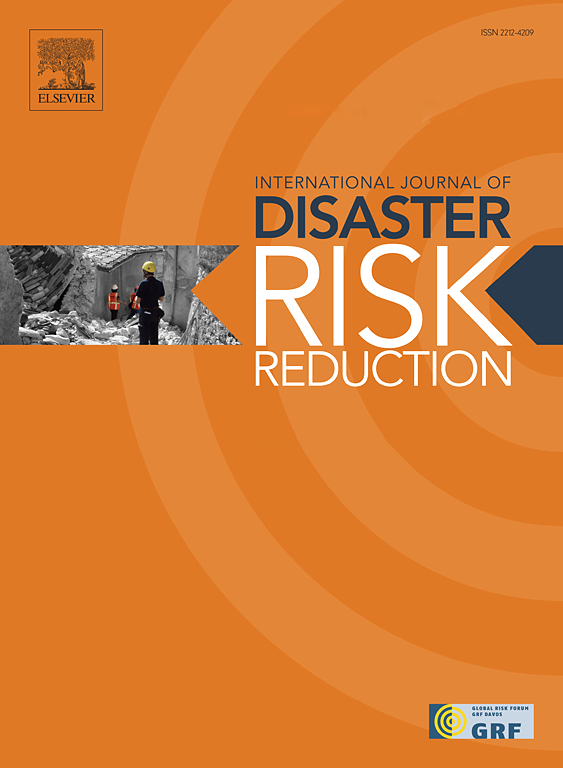Published online: 01 October 2023
Authors: Marie‑Luise Matthys, Patrick Illien, Sushant Acharya, Michèle Amacker, Sabin Bieri, Ildephonse Musafili, Outhoumphone Sanesathid
Available at: https://doi.org/10.1057/s41287-023-00600-1
Abstract
High-value agriculture contributes to rural incomes, but does it also contribute to expanding “human capabilities” (Sen, Development as freedom, Knopf, New York, 1999) in a durable way? Through long-term qualitative fieldwork in three landlocked LDCs—Nepal, Rwanda and Laos—resulting in over 150 nterviews, we found expansions of the three analysed capabilities: paid work, mobility and socialrelations. Yet, those improvements were characterised by precariousness: they were mostly not resilient in the face of the economic and environmental risks that highvalue agriculture entails. The only example of a durable capability expansion was found in Nepal, where women claimed social spaces through collective organisation.All three study sites showed remarkable consistency in that the considerable
risk involved in cash crop production was mainly borne by farmers and rural labourers.
Research on mechanisms to guard against these risks at household or individual
level is warranted.







